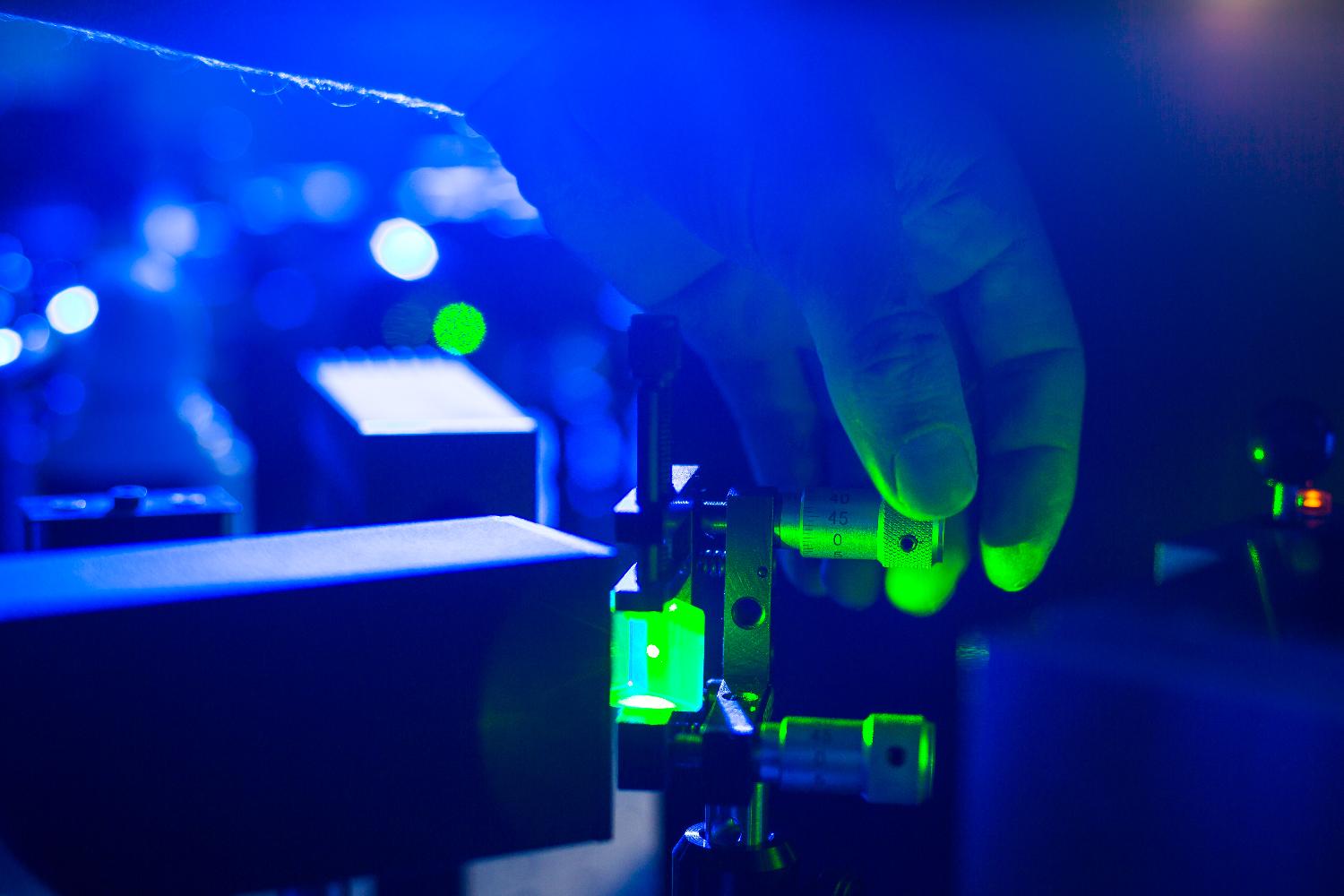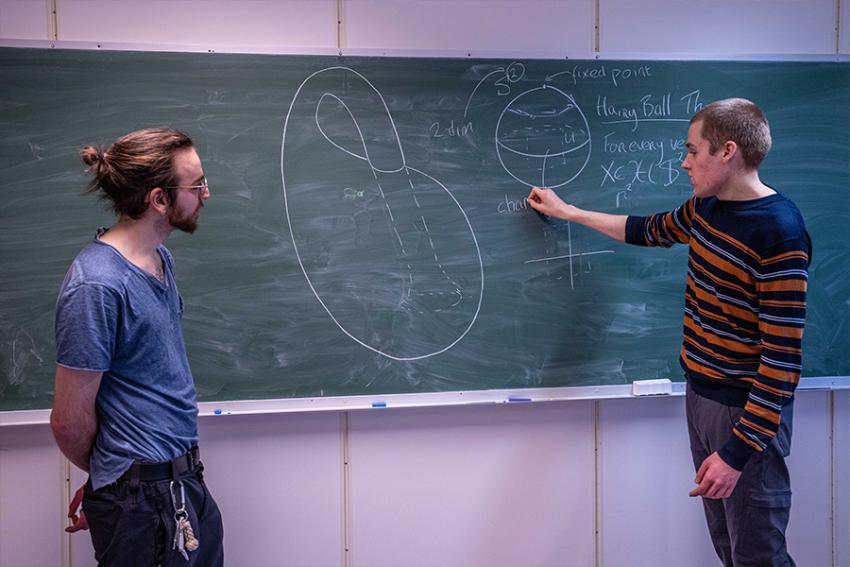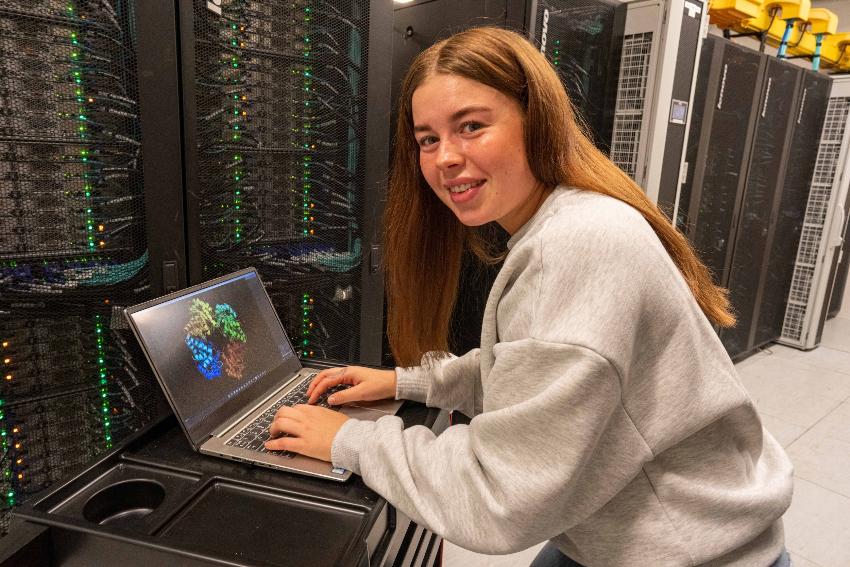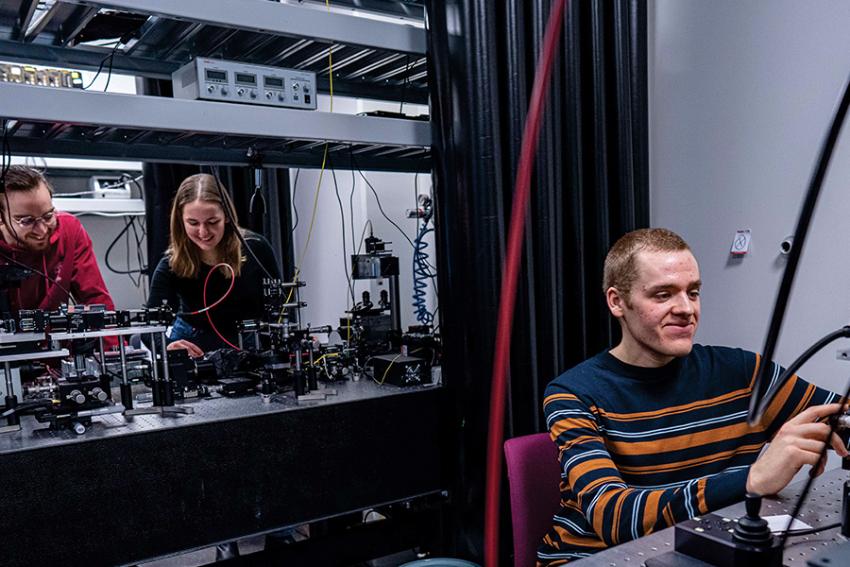Step into the future with nanotechnology and photonics! Discover how cutting-edge science drives innovation in energy, health, and sustainability. Join a vibrant academic and industrial community, where your skills can shape tomorrow’s solutions. Study in Tromsø, home to world-class research and exciting EU-supported projects. Your journey into high-impact science starts here!
Admission to the program requires a bachelor’s degree in physics, chemistry, nanotechnology, or another degree following a program of study of at least three years' duration, or similar education approved in accordance with the Norwegian Universities Act section 3-4.
The degree must include minimum 120 ECTS in mathematics, informatics, chemistry, physics or statistics.
The education must contain:
- Knowledge in physics, minimum 30 ECTS and including mechanics and electromagnetism.
- Knowledge in mathematics, including multivariable calculus and linear algebra
- Basic knowledge in chemistry and informatics (e.g. KJE-1001, INF-0101 and INF-0102)
It is recommended to have an introductory course in optics.
An average mark of C (3.0) or better is required in the bachelor’s degree or similar basis of admission.
Admission capacity
8
- Nordic applicants: 4045
- EU / EEA / Swiss applicants: 7183
- Non-EU/EAA applicants: 2084
Program description
The Master's program in Nanotechnology and Photonics at UiT offers a cutting-edge education in technologies that drive innovation across industries. Students gain a strong foundation in quantum chemistry, optics, and materials science, with hands-on experience in cleanroom environments and advanced laboratories. The program emphasizes both theoretical knowledge and practical skills, preparing graduates for careers in research, industry, or entrepreneurship.
Photonics, a key focus area, is essential for high-speed, high-efficiency systems and is strongly supported by the EU. Materials science addresses global challenges in energy, health, and sustainability. The curriculum includes core courses, electives tailored to individual interests, and a master’s thesis with opportunities for experimental work and commercialization.
Located in Tromsø, the program benefits from world-class research groups, including the Hylleraas Centre and several EU-funded projects. This is a future-oriented program designed to meet the growing demand for skilled professionals in nanotechnology and photonics.
Learning outcomes
Knowledge - The candidate:
- has advanced knowledge of theory and methods in photonics, quantum chemistry, materials science and fabrication processes in nanotechnology
- has knowledge of the scientific method and how to conduct scientific research, with in-depth knowledge of how research is performed in state-of-the-art photonics and nanotechnology.
- can apply the knowledge acquired on new areas of research
- can analyse and assess scientific literature and research in the field
Skills - The candidate:
- can simulate, design and fabricate devices for nanotechnology
- can master techniques for advanced processing and characterization typical in nanotechnology, such as deposition, lithography, etching, SEM/AFM imaging, etc.
- is familiar with cleanroom work and safety routines
- can characterise optical components and materials for nanotechnology using suitable set-ups and state-of-the-art equipment
- is trained to use scientific software for nanotechnology and computational chemistry
- can work independently following scientific methods to solve specific problems
- can analyze and critically respond to theories, methods and experiments in relevant literature
- can carry out an independent, limited research or development project under supervision in photonics, nanotechnology, quantum chemistry or material science
Competences - The candidate:
- acquire good theoretical and experimental insight, and the ability to apply theory, methods, and techniques to solve problems within and beyond photonics and nanotechnology
- possesses necessary qualifications for work within academic or industrial research, teaching, production, development and technical professions
- can communicate extensive independent work within scientific formulations, orally and in writing
- can cooperate in an interdisciplinary way with other specialists
- has an overview of the innovation process and Norwegian industry within nanotechnology
- displays good working habits and follows the code of ethics in scientific work
- can contribute to new thinking and innovation processes in the fields of photonics and nanotechnology
Job prospectives
The study program will provide a basis for jobs in technology companies with development, production, advanced data processing and modeling. This can be in start-up companies (Chip NanoImaging, Tunable, Gas Secure) or established companies such as Kongsberg Defence & Aerospace, NEO Monitors, Tomra. The professional title can be developer, system developer, senior engineer, project engineer, project manager, consultant, researcher or similar. With additional education in pedagogy, the candidates can work as lecturers in upper secondary schools.
Degree Name
Master in Photonics and NanotechnologyAccess to further studies
Completed Master’s degree studies qualify for admission to PhD studies in physics, depending on satisfactory marks in the Master’s and Bachelor’s degree. PhD studies in physics and chemistry are offered at UiT The Arctic University of Norway.
Related professions
Study plan
Language of instruction
English
Teaching and assessment
The study program includes a variety of teaching methods, like lectures, laboratory work and problem solving. Courses can include project work, teamwork and presentations. The courses are evaluated in different ways, including written and oral exams, assignments and project presentations. The course description gives details on teaching and evaluation methods for each course.
If the master’s thesis involves work in a laboratory, it is mandatory to conduct a course in safety education prior to commencing the thesis.
There are several possibilities for exchanges abroad. The exchange period depends on your individual study plan, and should be planned in collaboration with the student advisor and the student’s supervisor.
Destinations for studies abroad
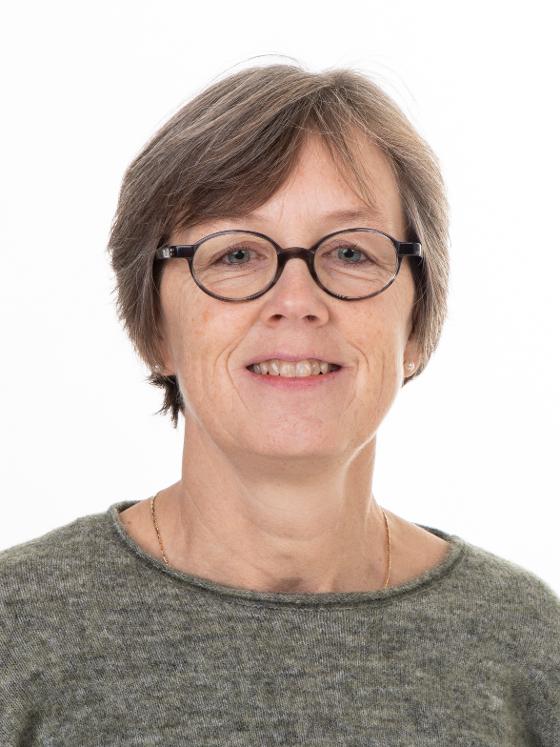
Marit Hillestad
Studierådgiver / Administrasjon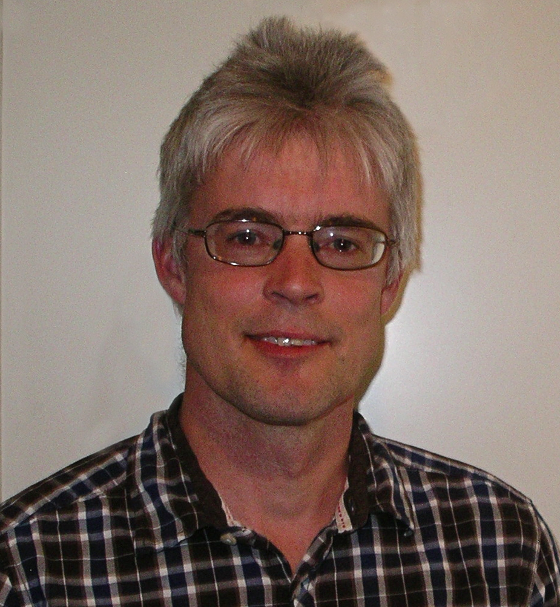
Rune Grand Graversen
Professor / Gruppeleder Modellering av komplekse systemerOther studies you may like
Vil du vite hvordan det er å være student ved UiT? Følg @uitstudent på Instagram eller TikTok, hvor studenter deler fra livet på universitetet. Her får du praktiske tips om studier og studentliv, nyttig informasjon om campus og muligheten til å stille spørsmål om alt du lurer på.
For mer informasjon om studietilbud, forskning og muligheter direkte fra UiT, kan du følge @uitnorgesarktiske på Instagram eller TikTok. Her finner du offisielle oppdateringer og innsikt i hva universitetet har å tilby.
